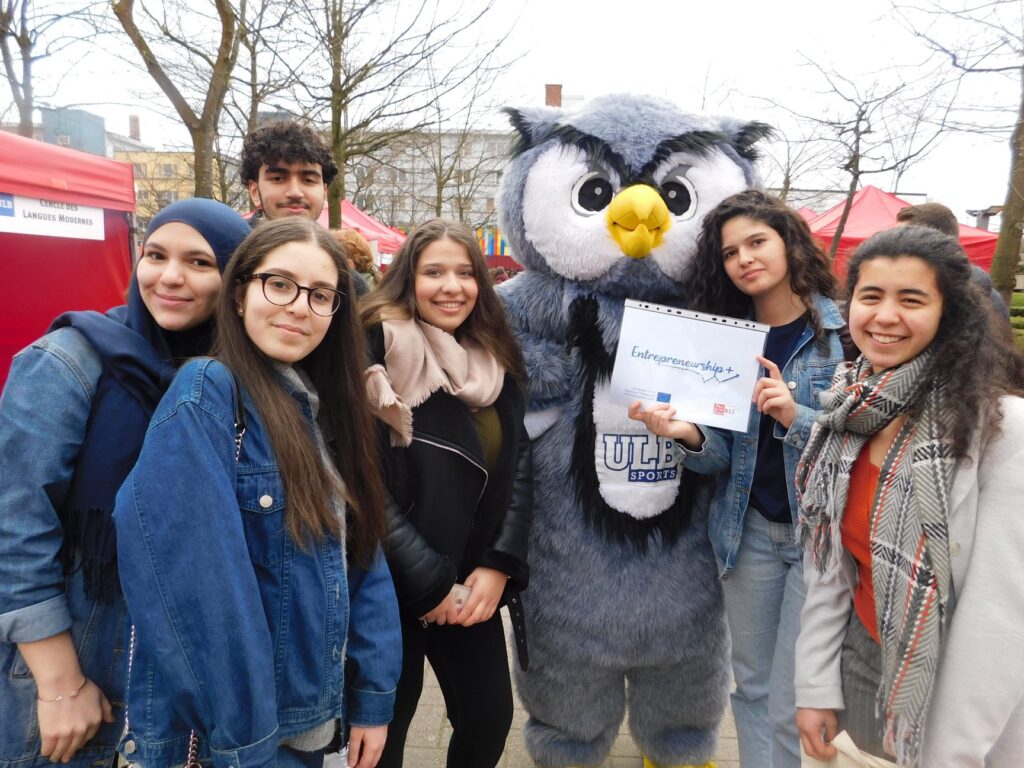The financial crisis of 2008 devastated national economies around the world. European countries are still recovering. But the spotlight is only now beginning to shine on one issue that could fracture national economies again, the youth unemployment crisis. Many 15- to 24-year-olds are struggling to find jobs, to further their education and to cope with a new world order in which they perceive they have no role. Indeed, while the Eurozone overall unemployment rate came in at 8.9% for September 2017, the lowest rate since February 2009, the region’s youth unemployment for those aged 15-24 remains high. According to recent Eurostat data, 3.722 million young persons (under 25) were unemployed in 2017 in the EU28, a decrease of 380,000 as compared with October 2016. The lowest youth unemployment rates were observed in Germany (6.6 %) and the Czech Republic (7,2 %), while the highest were recorded in Greece (40.2 % in August 2017), Spain (38.2 %) and Italy (34.7 %). These figures demonstrate that youth unemployment still remains high across the EU.
So, with a large proportion of young people unemployed and not having any defined role in society, there is a high risk of social cohesion and of trust in public institutions being undermined, with harm for medium-term growth prospects. Thus, promoting youth entrepreneurship is considered by many one of the main solution to European youth unemployment and societal challenges. Following this line and based on the necessity to bring Europe back to growth, European Commission adopted several initiatives within the context of the Europe 2020 growth and jobs strategy. One of the star initiatives adopted by EU is the Erasmus+ programme (2014-20) which has a strong focus on innovation and entrepreneurship, particularly in the Key Action 2 through strategic partnerships and transnational youth initiatives.
In this sense, Erasmus+ confirms the value and the impact of youth work in working with young people in areas including entrepreneurship and culture, by developing transversal skills, exercising skills in practice and increasing cultural activities which allow youth empowerment. In other words, youth work appears to offer untapped potentials for developing the resources of young Europeans unemployed through activities conducted by youth workers in a supportive setting. Nevertheless, often youth workers do not contribute in entrepreneurial learning in young people as much they could because of the lack of knowledge of what constitutes entrepreneurial learning and the lack of awareness of youth work contribution to entrepreneurial learning.
Considering all that, the main objective of “Entrepreneurship Plus” was to provide to youth workers all the necessary skills and competencies in order to be able to understand and deliver entrepreneurial education and learning.
The project has been designed over 20 months to happen in 3 major consecutive phases. Feedbacks from participants was used for the continuous improvement of the project, using the PDCA method (plan, do, check, act):
Phase one – Setting up the project, Planning & Research phase (Month 1 to Month 6).
Phase two – Project activities implementation phase and realisation of IO1 (Month 7 to Month 13).
Phase three – Design of Digital Guide of Best practices (IO2), local activities, project evaluation phase, closure (Month 14 to Month 20).
The project had the following main activities:
-Two Intellectual Outputs (e-learning modules & Digital Guide).
-Three International meetings.
-One survey and one survey report.
-One Training event.
– Local workshops and dissemination activities
The project impact was the following:
-The project was directly aimed to youth workers and youth leaders of youth organisations so they mainly benefited from educational content to improve their entrepreneurial skills that will favour youth empowerment.
-The youth workers benefited in terms of motivation, commitment, tools and methods. They had a greater satisfaction in their volunteer commitment and perform better quality of youth work. Their level of skills improved and these skills are also transferable to other youth workers in other organisations.
– Youth organisations involved in learning activities benefited from improved youth work: more committed and motivated youth workers, more consistency between regardless of youth workers involved in learning activities. This results in creating more impact in the awareness raising activities, improve learning impact, extended learning opportunities in the field of youth entrepreneurship and eventually more sustainable results and impact of the activities.
-Organisations involved benefited from improve processes and results, therefore optimize available resources for new activities such as empowering youth through entrepreneurship. The project aimed to contribute to sustainability and capacity building of the organisations.

